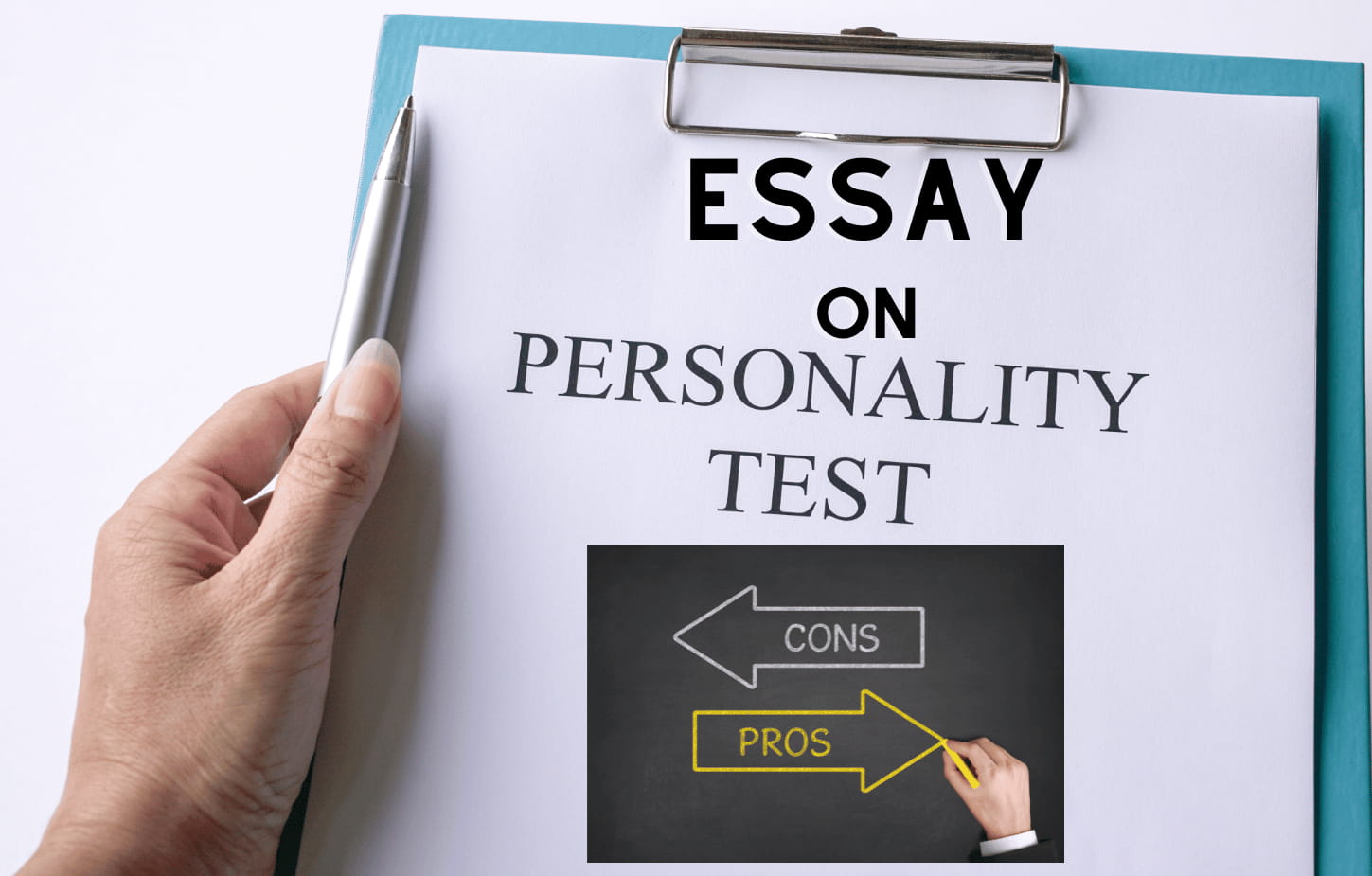Exploring the Pros and Cons of Personality Tests
Personality tests are very effective in determining the personality and character of an individual. This structured way of understanding psychological traits is important in such fields as psychology, education and the work place. These tests give psychologists a way to judge and rate personality, so they can diagnose mental illnesses or help educators design teaching methods suitable for their individual students ‘personalities. Also, the employment industry depends on personality tests to make its decisions about hiring and career advancement. This will underscore the imperative necessity of a fair-minded assessment of personality tests; balancing their pros and cons. Finding this balance is important in achieving responsible use of these tests. As we weigh whether personality tests are a valid means of psychological assessment, reflective personal introspection and career guidance tool all at once, it pays to acknowledge cons such as subjectivity and carelessness in using them. To use personality tests in such a complex landscape requires great care.

Pros of Personality Tests:
By taking personality tests, people discover many things about themselves. It can really boost one’s own consciousness and benefit personal and professional development. Secondly, these evaluations provide a systematic method for career guidance whereby people can match their innate tendencies with suitable occupational directions. This could result in greater job satisfaction and success. Personality tests that are credible are built upon two critical components: validity and reliability. Examiners must consider two factors in order to obtain accurate and consistent test results, which affect the usefulness of such evaluations (Anastasi & Urbina, 1997). A fine example is the Minnesota Multiphasic Personality Inventory (MMPI), developed with great care in 1943 by Hathaway and McKinley. The reason why this test endures in clinical psychology is that it has strong validity. It’s able to accurately measure psychopathology, and shows reliable results over repeated administrations with various populations (Hathaway & McKinley 1943; Butcher et al 2001). This demonstrates how the MMPI proves its worth for personality assessment
According to John and Robins (1993) personality tests are powerful tools for encouraging self-discovery by telling people things about themselves that they never knew before, their likes and dislikes. A well-known example is the 16 Personality Factors (16PF) test, developed by Raymond B. Cattell. As a comprehensive assessment of personality traits, this also encourages people to consider their emotional stability and interpersonal skills as well as openness (Cattell et al., 1993). By reflecting, people gradually come to a better appreciation of their strengths and shortcomings, which provides the basis for an enriching journey toward self-awareness.
Furthermore, Career assessments are important tools to help people choose appropriate career paths. These evaluations, personality tests are particularly important because they provide a personal touch by giving people an understanding of their own special nature and preferences. In this way they can find careers matching them (Nauta, 2010). In this area, one of the most commonly used tools is Strong Interest Inventory (Harmon et al., 1994). This appraisal helps to determine a person’s occupational interests and affinities, so that he can make an informed choice by matching up his preferences with suitable job opportunities (Harmon et al., 1994). This personal approach directs people to paths suitable for their inborn gifts and tastes, creating greater job contentment and fulfillment.
Cons of Personality Tests:
Despite the pros of personality tests, there are also several important cons. The first is the specter of subjectivity and bias, particularly when differences in cultural background are ignored. But over-reliance on these tests can also lead to classification, and individuals being reduced to stereotypes. Moreover, ethical issues arise. What about privacy? And what if the results are misused or misunderstood? The use of personality testing must be approached with the utmost care and caution. Nevertheless, the application of these evaluations may be impeded by cultural biases that lead to misidentification and misunderstanding individual characteristics or actions (Van de Vijver & Leung, 1997). As pointed out by Church (2001), for example, employing Western personality models in situations of different cultural backgrounds will inevitably produce mistakes. This shows how important it is to identify and rectify these biases so that personality tests can take cultural differences into account, reflecting individual people truly.
Another problem that presents itself when personality tests are over emphasized is what has been termed the Myers-Briggs Fallacy. As pointed out by Pittenger (2005) there have been criticisms of The Myers- Briggs Type Indicator because it tends to simplify humanity and classifies people in categories, completely disregarding human variability from day to day Pittenger’s fallacy is that using personality types as the only basis for important decisions leads to mistaken evaluations and predictions. So these narrow frames encourage negative thinking, which turns someone into a formula of preconceptions and elides the composite facets that make him or her unique. So it is essential to remain cautious when basing on personality tests alone, thus revealing the need for a thorough comprehension of people.
Yet as the employment use of personality tests creates more and more problems, it is necessary to consider their ethical dimensions. The danger is that these tests can be abused, and when they are misinterpreted or used to discriminate against people in employment decisions (Morgeson et al., 2007). If employers rely exclusively on the test results to make decisions, this can result in unfair treatment of a person or group (Morgeson et al., 2007). These ethical dilemmas must be addressed to both protect people’s rights and properly guide responsible use of personality tests in the workplace.
The rich validity of the MMPI, useful in clinical settings. It is this impressive validity and reliability that has made it an essential tool for doctors in appraisal of numerous mental health disorders (Hathaway & McKinley, 1943). By critically reviewing all such clinical examples using MMPI, it provides exact insights into psychopathology that can guide individualized therapy. The 16 Personality Factors (16PF) test has greatly influenced personal development. Established by Cattell, this instrument evaluates a wide array of personality characteristics and leads to self-knowledge and personal growth (Cattell et al., 1993). And real-life examples show us how people use their 16PF scores to find where they really shine and what could use a little improvement, creating positive changes both in the workplace and at home. At the same time, in career counseling practice it is well established that the Strong Interest Inventory can help people’s interests match appropriate careers. (Harmon et al., 1994) Stories of people who discovered rewarding careers with the assistance of a Strong Interest Inventory form another testimony in support of applying personality tests to career choices.
In conclusion, the complex nature of personality testing calls for a comprehensive look. Though they offer us great perspectives into the characteristics and conduct of people, their limitations must be thoughtfully considered. It is necessary to strike such a balance between validity and self-reflection on the one hand, versus subjectivity and ethical concerns on the other. Examples from real life, such as the MMPI in clinical environments and success cases cited by the Strong Interest Inventory underline this. Moving ahead, it is crucial to enhance critical thinking; those who take personality tests should be learners rather than victims of stereotypes.
This way of thinking does not stop at being a conclusion, it is meant to be an encouragement toward responsible use.
This is Izzah, a content writer and editor who creates SEO-friendly content and has experience in academic writing. Backed by 10 years of experience in writing and editing, she is equipped with the skill to create content that is backed by thorough research and has impeccable structure.
